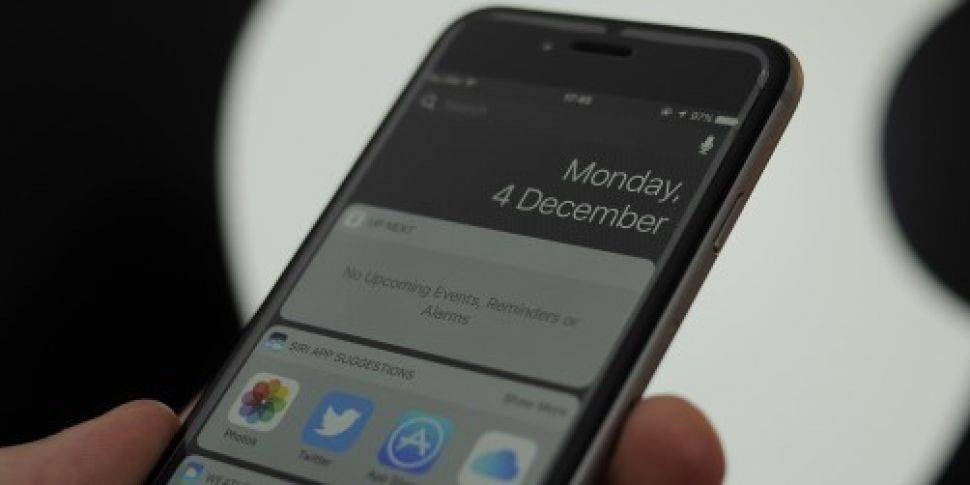Apple is facing a wave of class action lawsuits alleging that the company deceived customers by slowing down older phones.
Earlier this week, the company admitted slowing down outdated iPhone devices with low-capacity batteries, saying it is a way of protecting the devices' components.
The first lawsuit was filed in California and requests that Apple stop reducing the processor speed of affected devices and pay compensation to affected customers.
The Chicago Sun Times reported another case in which citizens in Ohio, Indiana, and North Carolina are suing Apple on behalf of customers who own iPhone 5, 6 and 7 devices.
The complainants allege that Apple was "deceptive, immoral, and unethical" because the technology was designed to "purposefully slow down or 'throttle down' the performance speeds" of the iPhones.
Other suits are expected to be filed.
For many years Apple customers have speculated whether their older smartphones were being slowed by the company to force them to upgrade to newer models.
Apple has now admitted that the slowing of the phone's central processing unit (CPU) does take place, although not to force consumers to upgrade their devices.
In a statement, Apple said that, as they age, lithium-ion batteries used in its phones become less able to provide the top levels of electrical current needed.
The problems with peak current draws especially occur when batteries are cold or low on charge, which can result in the device unexpectedly shutting down to protect its electronic components, Apple said.
iPhone users had complained about their devices turning off abruptly even when they had a significant amount of charge left.
Apple said: "Last year, we released a feature for iPhone 6, iPhone 6s and iPhone SE to smooth out the instantaneous peaks only when needed to prevent the device from unexpectedly shutting down during these conditions."
"We've now extended that feature to iPhone 7 with iOS 11.2, and plan to add support for other products in the future.
"Our goal is to deliver the best experience for customers."
Lithium-ion batteries lose their capacity over time due to the physical wear-and-tear of ions passing through the material of the battery.
Replacing the lithium-ion battery, which costs €89 in Ireland, should allow them to work at normal speeds again.









